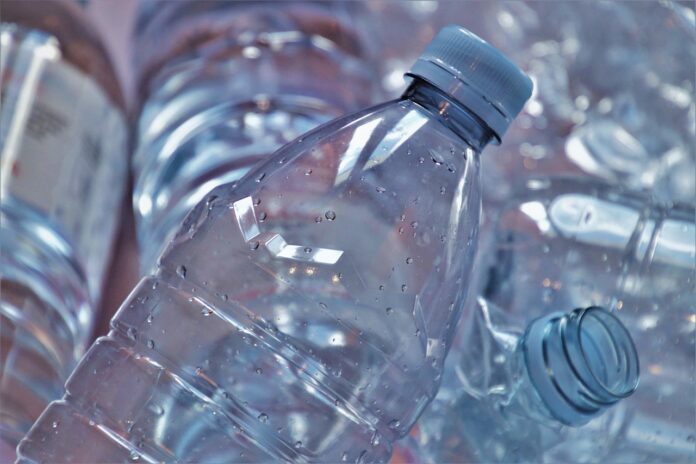Although plastic has become a necessary component of our daily lives, there are serious environmental issues associated with its use. Plastic has many advantages, including being lightweight, strong, and adaptable. However, it is necessary to address the issues brought on by plastic trash, which are becoming more and more obvious.
Being non-biodegradable is one of plastic’s main environmental issues. Plastic decomposes slowly over hundreds of years, releasing dangerous chemicals into the environment as it does so. These substances have the potential to seriously affect ecosystems and species by contaminating the soil, the air, and the water. In addition, plastic trash can build up in the oceans, generating enormous islands of trash that are harmful to marine life.
The fact that plastic is produced using non-renewable resources like oil and gas is another issue. Significant environmental effects of these resources’ extraction and processing include habitat destruction, air and water pollution, and climate change. Additionally, it takes a lot of energy to produce plastic, and that energy is frequently obtained by burning fossil fuels.
Plastic does have some advantages despite these environmental issues. It is a great material for packaging, for instance, as it helps keep goods safe and fresh while being transported. Many medical uses, like syringes and IV bags, use plastic because of its strength and sanitary qualities.
These advantages must be contrasted with the negative effects plastic has on the environment. There are numerous methods that have been put forth to lessen these issues. Finding substitute materials or reusable alternatives can help limit the use of plastic. For instance, glass or metal containers can be used instead of single-use plastic containers, as can reusable cloth bags. Additionally, a lot of businesses are looking into bioplastics, which break down much more quickly than conventional plastics because they are made from renewable resources.
The improvement of plastic recycling is another option. Recycling can help reduce plastic waste by transforming it into new items, despite the fact that it is not a perfect solution. Unfortunately, many plastic products cannot be recycled, and many locations lack suitable recycling facilities. However, we can make recycling a more efficient method of reducing plastic waste by enhancing recycling infrastructure and technology.
In conclusion, plastic provides a lot of advantages, but it also has environmental issues that need to be resolved. In addition to contributing to pollution and climate change, the creation of plastic garbage can impact ecosystems and species. But we can alleviate these issues and build a more sustainable future if we use less plastic and recycle more effectively. To solve these environmental issues and save our world, it is up to people, businesses, and governments to cooperate.









